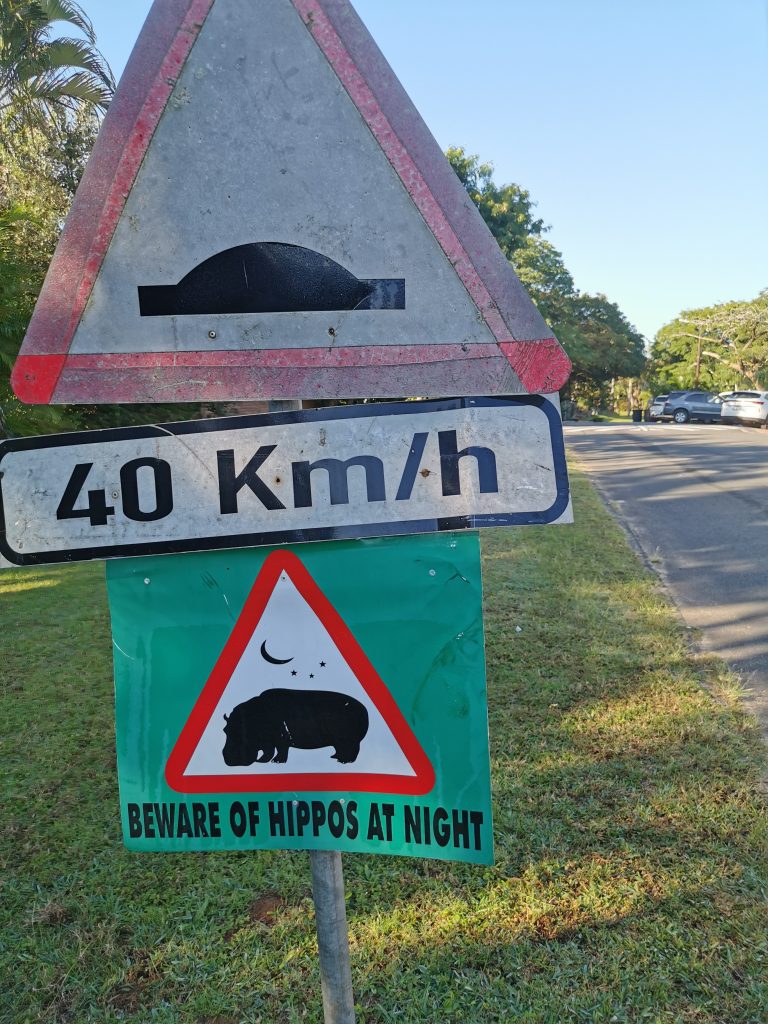Last year during a few months of a cross-country road trip, I went hunting for wild sounds in Africa. I got immersed in new cultures, met wonderful people, and encountered incredible creatures and Nature. For a long time, I have been fascinated by this continent like many people. I already explored Morocco for 1 month in 2018; and because Africa is huge, I decided this time to focus only on East Africa (Kenya) and South Africa.
Africa might sound like a harsh and difficult place to explore, And it somewhat is, but in the meantime, I got surprised by how easy it is to encounter wild animals and wild nature, more than I would have expected, and in all its beauty – magnificent. The tourism industry exists in these countries, and particularly for someone that does not look like a local, the accessibility of locations depends mainly on how deep your wallet is.
Beginning of 2022, I embarked on this new journey without expecting any particular result although I was eager to capture the most interesting sounds I could. Of course, I did research months before starting the trip. At the time of planning, I tried to include in my trajectory the most promising places. However, I left some leeway to be able to re-adapt my journey depending on the circumstances.
While in Kenya, I encountered a hippopotamus in the wild. When I first heard the honky call resonating through the African bush, it felt like some kind of revelation for me. It was clearly one of the most specific sounds from the African symphony. In the meantime, I learned some shocking facts about the hippopotamus. Even though they are herbivorous, they are the most deadly mammal on earth (for humans). In fact, hundreds of people die every year from hippo attacks. This made all my quests a little spicier. When you know they can all of a sudden charge you with a speed of 30 km/h, this gave me more adrenaline when approaching them a few meters away. The particular frequencies that this mammal usually emits are so unique and iconic, I just got obsessed with this animal all my remaining time in Africa.


Unfortunately, my first trial at recording the hippo in Kenya was not very successful, I only was able to get a few sounds in the Masai Mara and they were not really focused unfortunately. However, I got great sounds from other animals; When my time in Kenya came to an end I was still hungry for hippos.
As a consequence when I arrived in South Africa, I seek all the possible ways I could approach the mammal and make some great recordings of it. I scouted the maps for hours, contacting places and searching for locations. The most promising place seemed to be the Isi-Mangaliso wetland area located in the far South-West of the African continent, near Mozambique. Hippos are abundant in this area.


At St Lucia, the principal port near Isi-Mangaliso, you can organize a boat trip on the river to observe the animals. It is a popular activity that many tourists got enrolled in. This was indeed not the best way to be able to record them properly with all the possible noises from other visitors. I decided I would potentially achieve good results by finding a custom boat for my own purpose. The boat managers were rigid and to achieve a custom solo trip I had to pay for an entire boat (30-person boat tickets). I thus put some money in, but I was finally able to approach the wild animals from very close. However I got some other issues with this session, the hippos were not very talkative at this time and place, and the time window without any other boat noise was short. Nevertheless, I was able to capture some very interesting and deep hippo breathing while they were wading in the river.


I then reiterated while driving my car through the local park’s paths as a solo safari. I was able to find ‘hides’ where it is possible to stay hidden for hours just in front of hippo-residing ponds. It happened in Isi-Mangaliso park, but also while exploring Kruger park. I also found other hippos while staying near rivers all through this region; in Mbombela, Hazyview, and Olifant reserve. I got some very interesting sounds that I included in the latest sound library ‘Born Wild‘. The difficulty when recording hippos is to be able to get close enough without provoking them. They can easily get moody and start to charge at humans if you approach their space. I was lucky I had no accident. The other factor is the same as with any other animals: their sounds are unpredictable, they usually won’t do much noise, and out of chance it is when you press stop, they start to do the most beautiful sounds. In any case, I was happy with the sound I got but I feel I could have captured even more.

It seems they also generate click sounds in the water but could not capture these even though I tried. Maybe it will be another page for my future exploration journey…
Hippos are huge and legendary, they really are one kind of creature that has fascinated humans and still will fascinate me all my life.
Listen to some of my hippo recordings here: